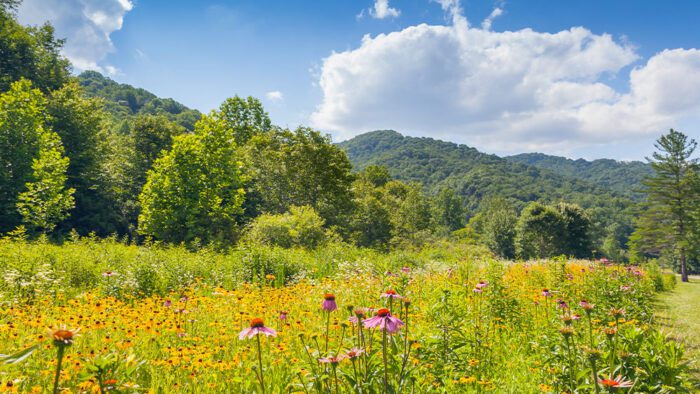
Pollinators play a critical role in our environment, working tirelessly to ensure the pollination of flowers, fruits, and vegetables. From the busy bees and graceful butterflies to the chirping birds and nocturnal bats, these remarkable creatures contribute to the maintenance of biodiversity, the production of food, and the delicate balance of our ecosystem. However, in recent years, the plight of pollinators has become increasingly concerning as they face numerous challenges that threaten their populations and disrupt the intricate web of life they support. It is crucial that we take action to protect our pollinators to ensure their survival and the health of our planet.
The Challenges Pollinators Face
Loss of habitat due to urbanization and intensive agriculture, along with the pervasive use of neonicotinoid pesticides, pose significant risks to pollinator’s health. Climate change compounds the challenges as extreme temperature fluctuations disrupt plant flowering patterns and the reproductive cycles of pollinators. Additionally, diseases and parasites, such as the Varroa mite affecting honeybees, further compromise their survival. These factors highlight the urgent need to take action and address the critical plight of pollinators.
How is TDOT Protecting Our Pollinators
Recognizing the importance of pollinators, TDOT has implemented various measures to protect and restore their habitats and create a safer environment for them.
1. Restoration Native Vegetation:
By prioritizing the use of native plant species in its landscaping and roadside vegetation programs, TDOT creates corridors of habitat that enable pollinators to move freely throughout the landscape. Native plants provide essential nectar, pollen, and nesting sites for pollinators, fostering their well-being and promoting biodiversity.
2. Less Frequent Mowing:
TDOT has adjusted its mowing practices to reduce the frequency and extent of mowing in certain areas. This allows wildflowers and native grasses to bloom and provides vital resources for pollinators. Changing this approach not only benefits the pollinator population but also helps conserve resources by minimizing fuel consumption and emissions associated with mowing.
3. Establishing Department Partnerships:
TDOT actively collaborates with other organizations and agencies, such as the Tennessee Wildlife Resources Agency and the U.S. Fish and Wildlife Service, to share knowledge, expertise, and resources for the protection of pollinators. By forging these partnerships, TDOT ensures a coordinated approach to conservation efforts, maximizing their impact.
4. Promoting Public Education:
Through educational campaigns and outreach programs, TDOT is able to increase the understanding of the vital role played by pollinators and inspire action. These initiatives emphasize simple steps individuals can take, such as planting pollinator-friendly gardens or reducing pesticide use, to support these essential creatures.
5. Participating in Pollinator Week
Every year, alongside numerous organizations, TDOT comes together to celebrate National Pollinator Week. Held annually during the third week of June, is an international event that champions the well-being of pollinators. Mark your calendars and celebrate this year from June 19th to 25th, 2023. Learn more at https://www.pollinator.org/pollinator-week.
How You Can Help Protect Our Pollinators
Pollinators face numerous challenges that threaten their populations and disrupt the delicate web of life they support. To make a difference, we must take action. Understanding the critical role that pollinators play and the challenges they face is the first step. To learn more about these remarkable creatures and how you can contribute to their conservation efforts check out https://tnpollinators.org/ . By understanding their importance and spreading awareness, we can collectively protect and support pollinators for future generations. Let’s be the change that ensures the survival and well-being of these invaluable members of our ecosystem.




